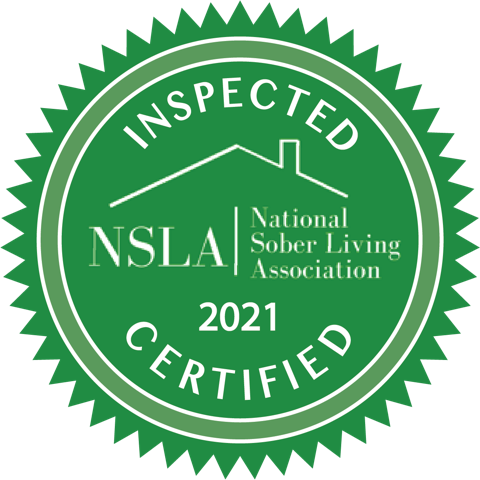Stress can be a significant relapse trigger for many people in early recovery, especially if you relied on drinking and drug use as a coping mechanism. Here are some practical ways to manage stress when healing from a substance use disorder.
Healthy Ways to Deal With Stress in Recovery
If you used alcohol and drugs to push aside challenging emotions in the past, you’ll need to discover new outlets for stress once you start working on your sobriety. You may have already learned many of these skills during your time in treatment, but it’s helpful to have a reminder when you’re feeling overwhelmed.
1. Practice Self-Care Strategies
It can be hard to carve out time to take care of your needs on top of all your other responsibilities. However, self-care doesn’t have to be complicated to be effective. Take a walk around the block, get lost in a good book, play with your pets, do some quick yoga stretches or take a soothing bath.
2. Get Enough Sleep
When you’re anxious, your sleep quality may suffer. If you’re not well-rested, sleep deprivation can throw off your entire day. Create a relaxing evening routine, avoid caffeine in the afternoon and limit screen time at night to give yourself the best chance of a restful seven to nine hours of shuteye.
3. Connect With Nature
Time spent outdoors is naturally relaxing. Even a few minutes outside can lower your blood pressure and improve your overall well-being. To reap these benefits, sit quietly in your yard or on your porch to watch the world go by, or get physical by taking your daily workout outside. You can even get your whole family involved in outdoors time. For example, invest in binoculars and a field guide, so you can learn how to identify local bird species together.
4. Accept That Some Circumstances Are Outside Your Control
Just like you learned from the Serenity Prayer in 12-step meetings, you must focus your energy on things in your life you can influence, instead of being fearful about situations you can’t control. Try incorporating this teaching into an overall mindfulness or meditation routine for additional effectiveness.
5. Do a Digital Detox
It’s helpful to stay informed, but being constantly plugged in with updates and alerts can be upsetting. Consider limiting news to a couple of times a day and disconnecting from your phone, TV and computer for designated periods of quiet time.
6. Ask for Help
If your emotions seem overwhelming, sharing them with a therapist, friend, pastor or social worker can be tremendously beneficial. Merely talking through your problems can lighten your burden and help you feel happier.
Using the 12 Steps for Long-Term Recovery
At Still Waters, we base our approach to recovery on the concepts of community and spirituality found within the 12 steps. Working a program solely focused on 12-step teachings allows our residents to grow and discover the best version of themselves. We offer sober coaching, an inspiring setting and a balance of fellowship and individualized attention for women and men. Reach out today to learn more about how we can help you.





